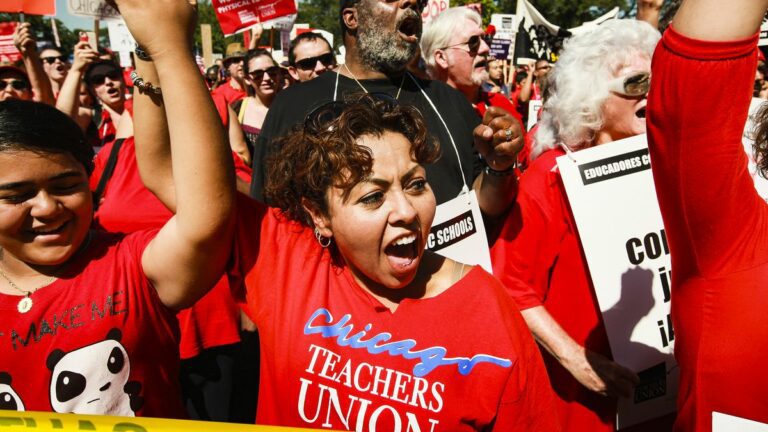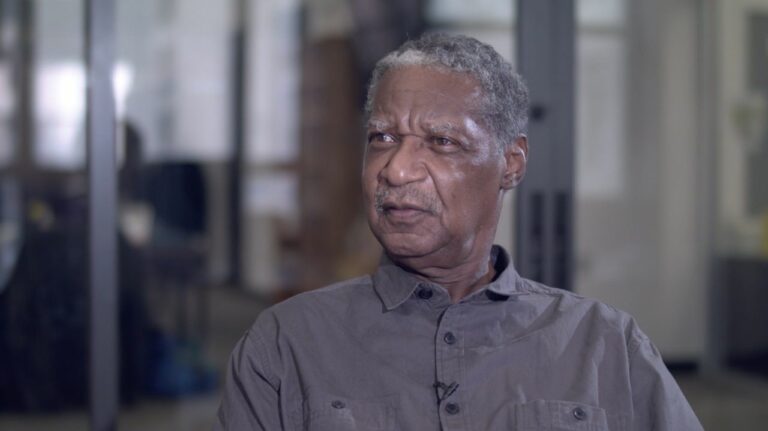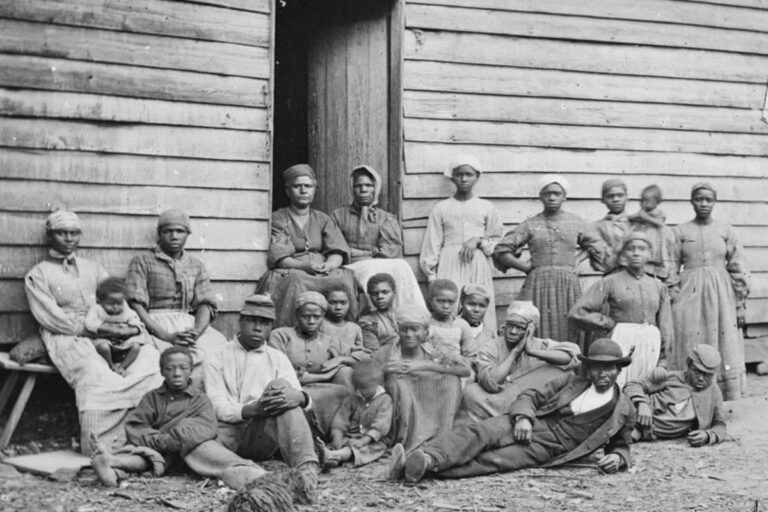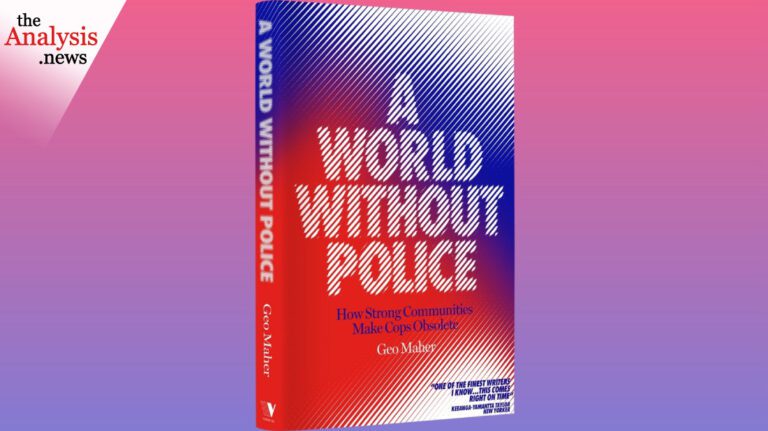The US Supreme Court has made an ad, and it’s surprisingly honest and informative. This video was produced by Juice Media. This was originally published on August 2, 2022.
Never miss another story
Subscribe to theAnalysis.news – Newsletter

The US Supreme Court has made an ad, and it’s surprisingly honest and informative. This video was produced by Juice Media. This was originally published on August 2, 2022.
Subscribe to theAnalysis.news – Newsletter

This interview was originally published on August 14, 2014. Mr. Williams says the global elites plan to protect themselves by adapting to the threat of continuing fossil fuel use, while everyone else will suffer the consequences of climate change disasters.

Mr. Shallal says at the local level is where you can make a change. It’s very hard to expect change on the national level. This is an episode of Reality Asserts Itself, produced March 28, 2014.

Mr. Conway says that after 44 years in prison, he found the conditions in Baltimore worse than when he went in. This is an episode of Reality Asserts Itself produced on November 28, 2014.

On Reality Asserts Itself with Paul Jay: Glen Ford addresses the question whether black Americans constitute a nation, and if so, what is their role in the movement of the whole people. This is an episode of Reality Asserts Itself, produced December 25, 2013, with Paul Jay.

The issue of banning (or not banning) fracking has been at the forefront of the 2024 presidential debates between former President Trump and Democratic nominee Kamala Harris. Fracking, a technique that involves horizontal drilling to extract gas and oil from shale rock, risks methane leaks and other environmental hazards. Professor Bob Pollin, economist and Co-Director of the Political Economy Research Institute (PERI), lays out the elements of a Global Green New Deal to avert climate catastrophe and achieve net zero emissions by 2050. Can we frack and still reach this goal?

Geo Maher, the author of the just-released book, A World Without Police, talks about why the police are actually designed not to do what we think they are supposed to do, to “serve and protect” the general public, but actually serve and protect property owners and more generally those who benefit from racism and inequality. He goes on to outline what a world without police could look like.
If I may be permitted a further comment:
As there is nothing prescribed in the Constitution about who shall be the determiner of the Constitution’s meaning and John Marshall seized the opportunity to make himself that determiner in Marbury, and it stuck by default. Why did congress let that power devolve on SCOTUS? The final determinant of everything is M O N E Y, and who controls that? Why congress and especially, the House. The ruling class, fearful of democracy, definitely did not want the politicians closest to the people deciding what the Constitution meant, and the Representatives did not want it themselves. They seem much to have preferred a collection of lifetime appointees making such far reaching decisions than, themselves, to be held accountable. The truth is that congress could ignore the Supreme Court’s opinions on the Constitution, and there is nothing the Supreme Court could do! If the high court continued to displease congress, it could cut their pay.
SCOTUS has done the important dirty work of undermining democracy. The founders feared democracy, except for Thomas Paine. The Constitution left undetermined who would decide what it meant, probably to avoid a controversy at ratification. John Marshall seized an opportunity in Marbury v. Madison (1803) to declare the Court powerless to issue a mandamus, because the Constitution denied it that power, he pronounced. By finding the Court powerless in that regard, he assumed a far greater power: the power to decide what the Constitution permits and denies.
Thus, in 1857, Dred Scott v. Sandford, the Court decided that Mr Scott was not a citizen because he was Black, according to the Constitution.
In 1886, a Court Reporter, J.C. Bancroft Davis, was permitted by the Court to decide whether to report that the equal protection of the laws (the 14th amendment) applied to corporations. The subject of corporate rights was a hot one that no Justice wanted to address by name, so Chief Justice Waite let the Reporter reveal the Court’s view.
In 2000, the Supreme Court took upon itself the management of the presidential election and effectively appointed George W. Bush.
In 2010, the Supreme Court found that contribution vast sums of money to finance a political campaign was the same as free speech.
In their black robes, they have done their black deeds.